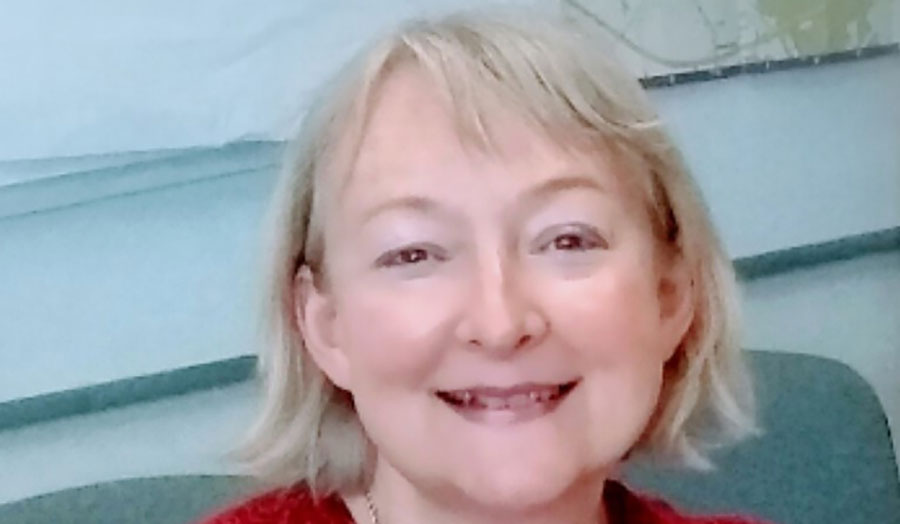Professor Louise Ryan explores the impact of the Brexit vote and COVID-19 on Europeans in the UK, and whether these events make them more likely to return to their countries of origin.
Date: 10 August 2020
Although it may seem like Brexit is done and dusted, in fact, the country is still in the transition phase and the true impact of leaving in the EU is yet to unfold. Indeed, many of the finer details about the UK’s relationship with the EU post-Brexit, are still to be finalised and signed off. All of these issues are now made more complicated by the coronavirus pandemic and the economic impacts of the lockdown. The Bank of England is warning of serious economic challenges ahead, including increased unemployment, especially when the furlough scheme ends in October.
All these issues raise continued uncertainties for the three million EU citizens living in the UK. Immediately following the Brexit Referendum in 2016 there were predictions of a so-called Brexodus as large numbers of EU migrants were expected to leave Britain. However, official statistical data on population flows did not support that prediction. Throughout 2016, 2017 and 2018, I undertook a number of research studies, with colleagues, to assess whether EU migrants were likely to stay in the UK, return to their country of origin or move on elsewhere. That research, conducted in London and Sheffield, and involving migrants from a range of EU countries, found a profound sense of shock at the Referendum results.
Ewa, a Polish woman I spoke to in London said: ‘On a day after the vote I actually couldn't stop crying; the loss of belonging to Europe, the aggressiveness of the out campaign, it was all too much, too sad.’ However, despite being so upset by the results, Ewa believed and she and her family are likely to stay because their son is settling well into primary school: ‘We will not move any time soon as we have arranged brilliant schooling at primary level’. Martyna, another Polish woman in London said: ‘We don't plan to move away now, our home is here and our kids consider themselves more British than Polish.’
Similarly Irene, a French woman stated: ‘My life is in the UK and has been for nearly 30 years; I have lived here more than in France, have got 3 bilingual children who go to very British schools and my husband is British; we are not moving anywhere.’
For those who lived in the UK for decades and established their home here, Brexit is unlikely to trigger an exodus. However, for other migrants who lived here for a shorter time and are less embedded in British society, their future may feel more uncertain. For example, a Bulgarian migrant in Sheffield worried about: ‘Being treated less humanely’ and becoming ‘alienated from British citizens around me.’ A migrant from Slovakia, also in Sheffield, was concerned about increasing ‘hatred and abuse’ as well as ‘discrimination’.
In a recent paper (Kilkey and Ryan, 2020), we drew on these research data to analyse Brexit as an ‘unsettling event’ with the power to destabilise migration plans. However, now, one could add that the pandemic is another unsettling event with the power to destabilise all of our plans. Thus, it is not possible to assess the impact of Brexit on EU migrants in the UK without now also considering the pandemic, lockdown and associated economic fallout.
Job losses and tighter immigration restrictions will undoubtedly shape future population flows into and out of the country. Nonetheless, the pandemic also highlighted the essential roles that migrants play as key workers across British society. So, despite all the uncertainties, it is likely that Britain’s love/hate relationship with immigration will continue long after the final stages of Brexit.
Louise Ryan is newly appointed Senior Professor in the School of Social Professions. She was formerly Professor of Sociology at University of Sheffield. Her expertise on migration was recognised by the award of Fellowship of the Academy of Social Sciences in 2015.

